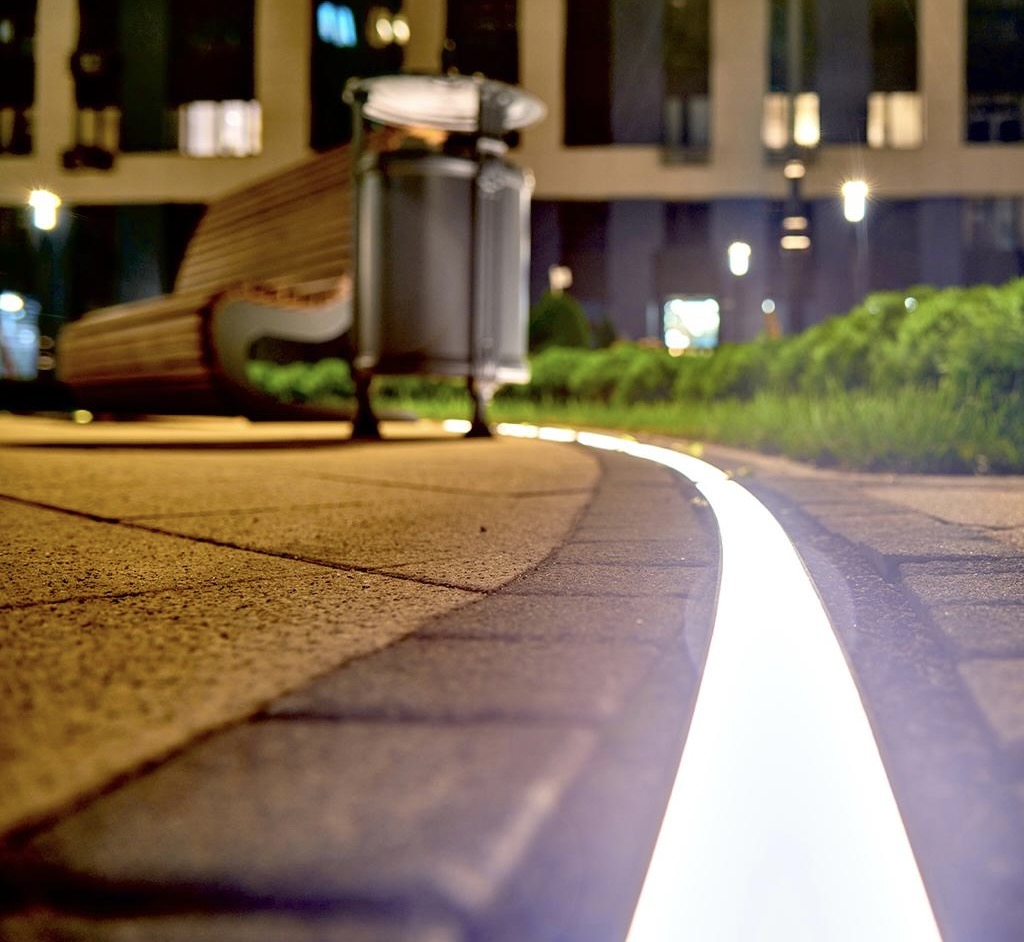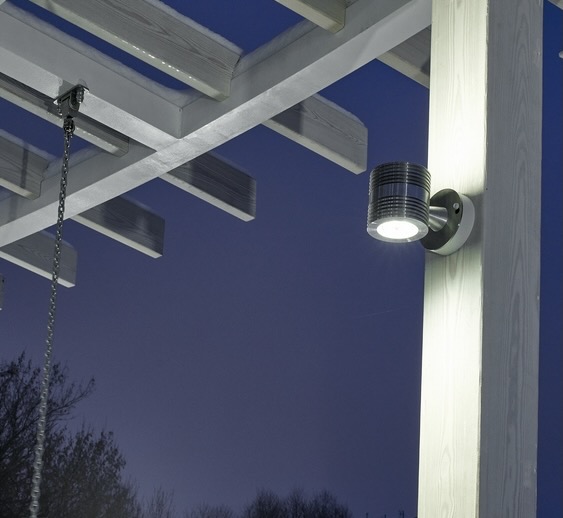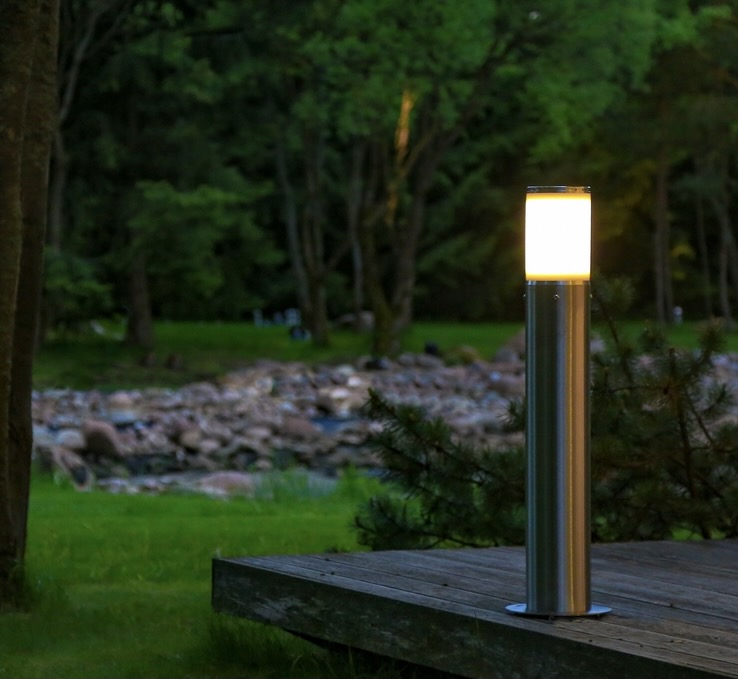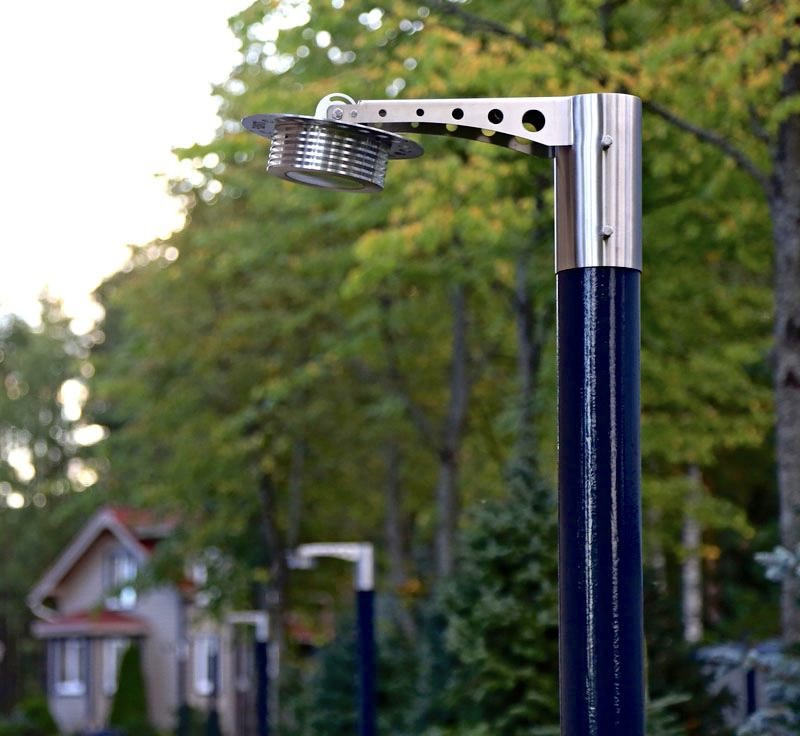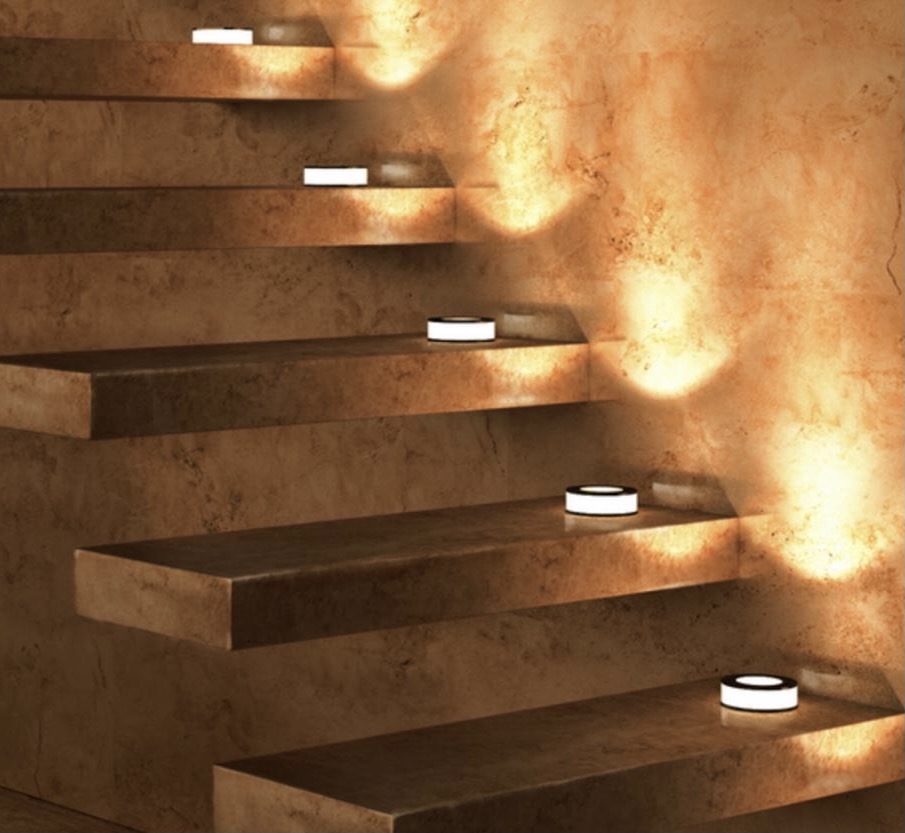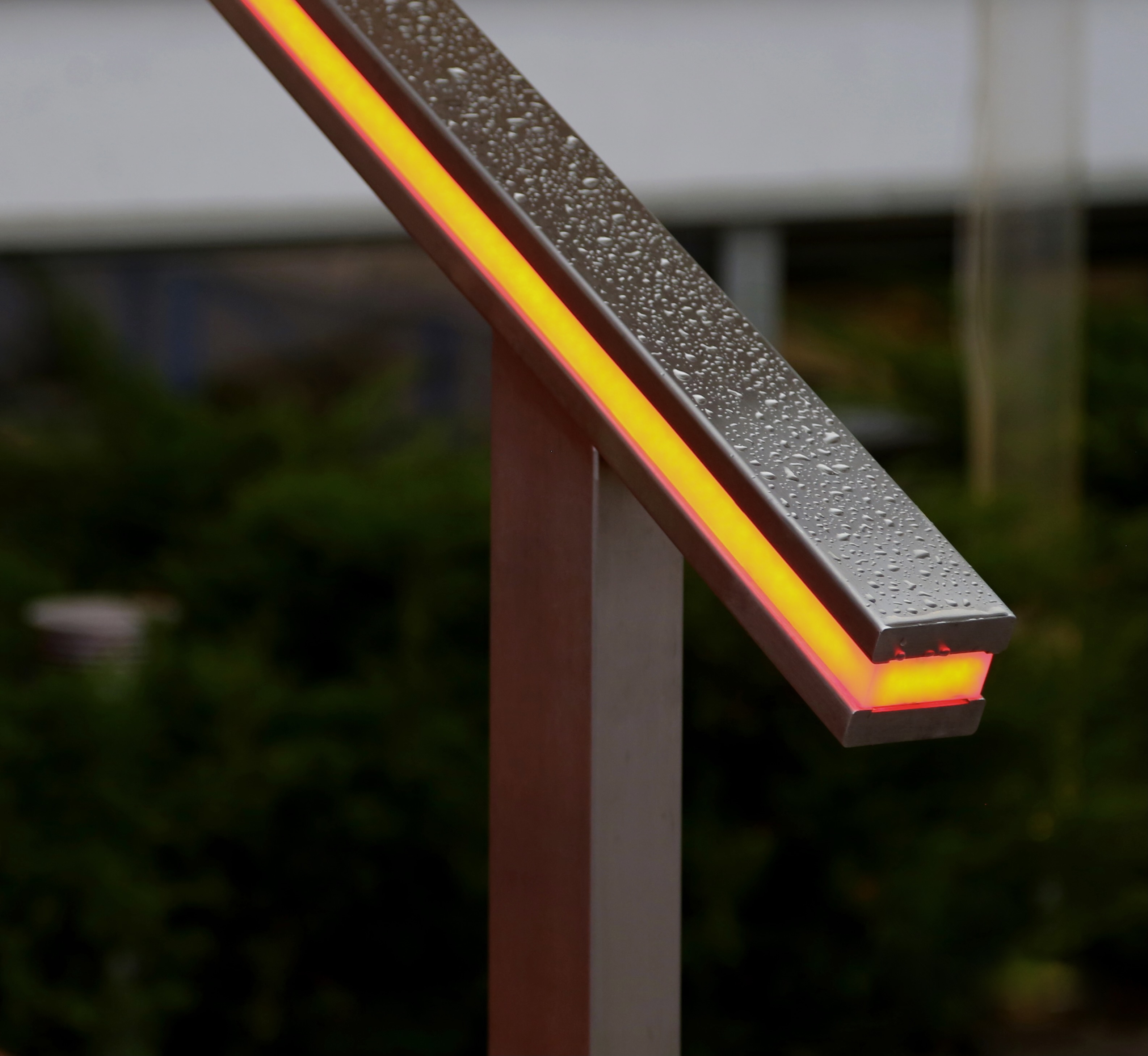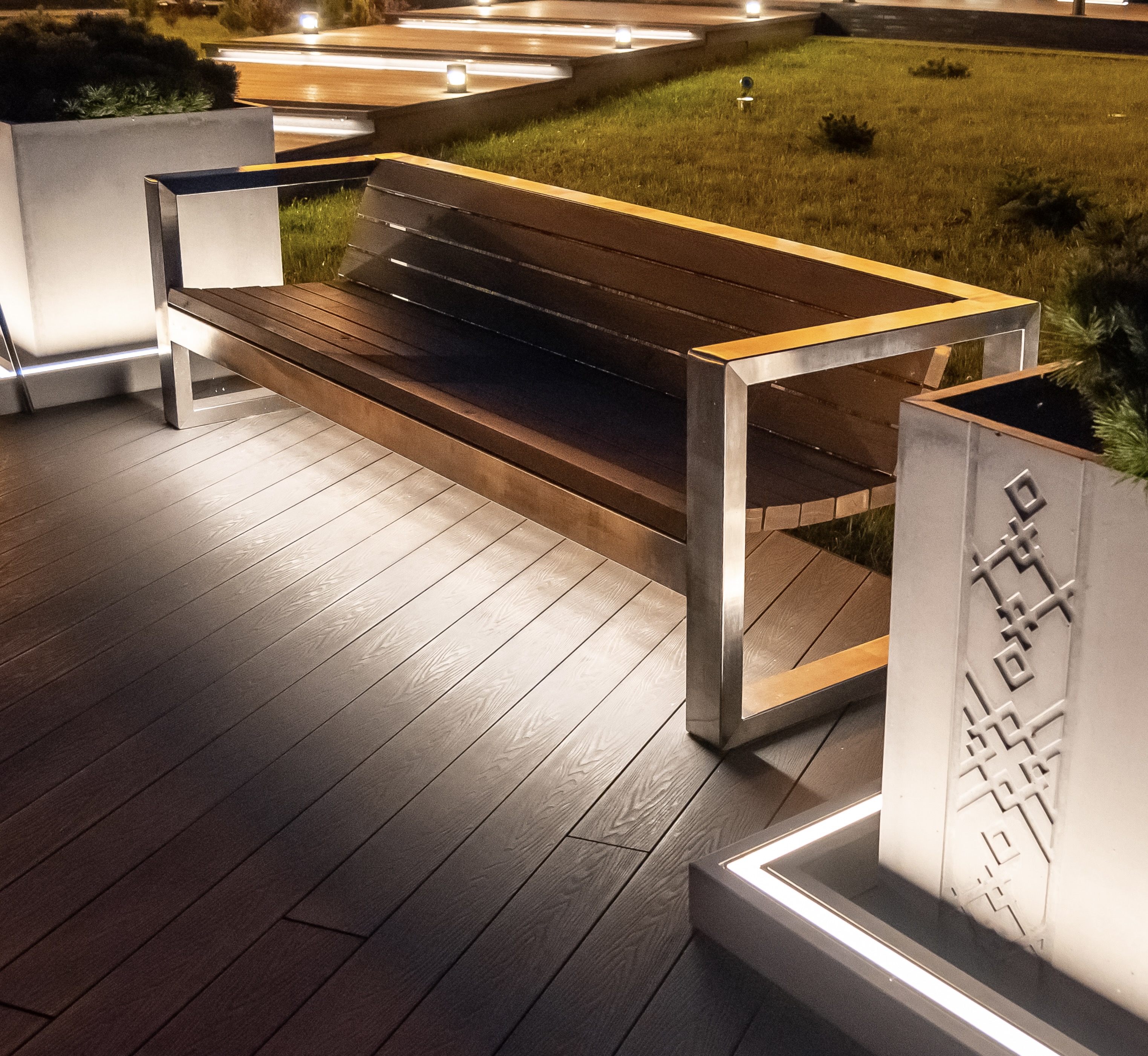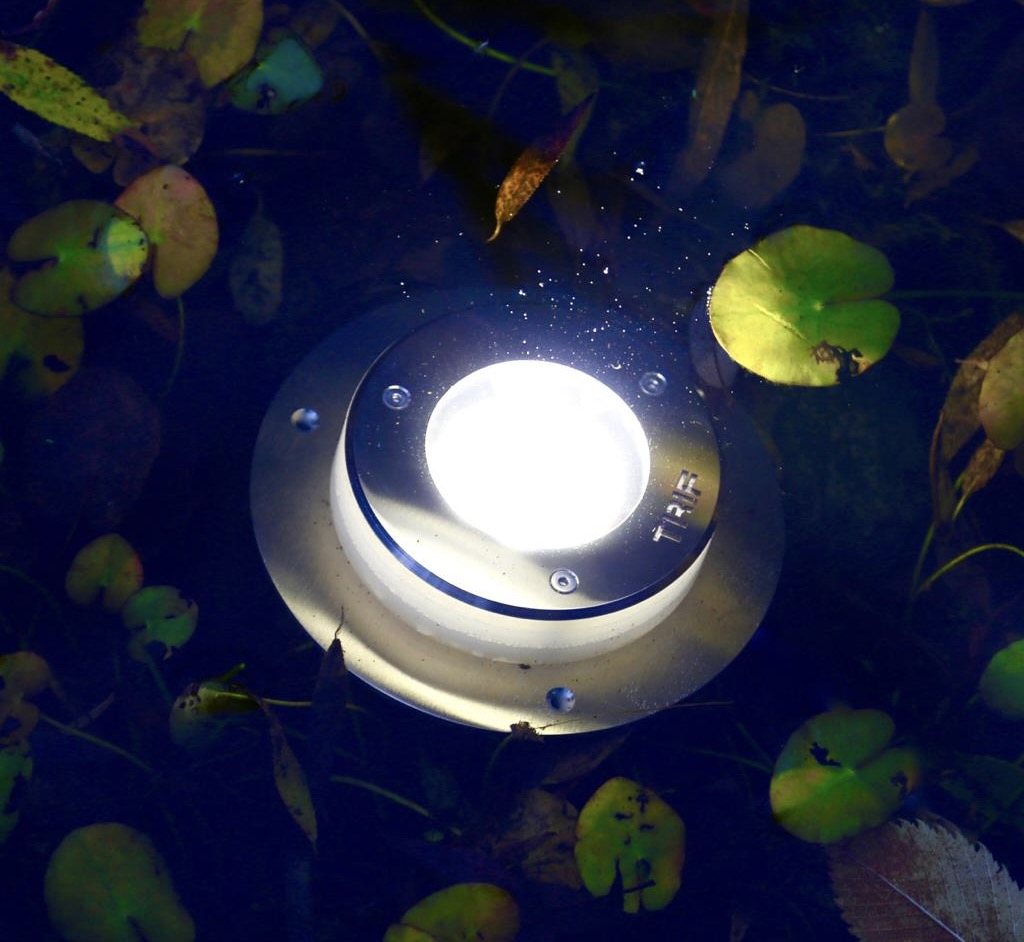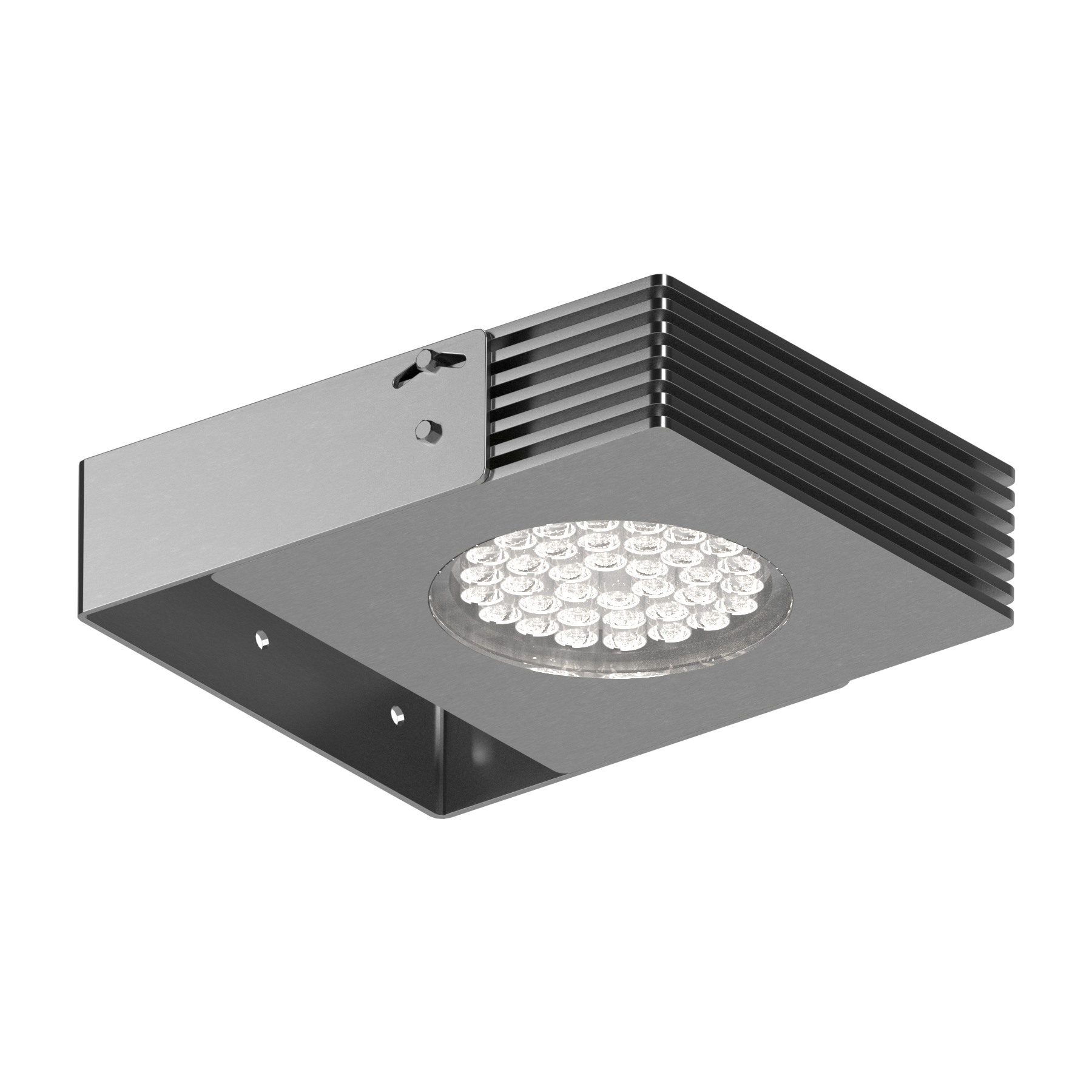LED architectural illumination spotlight in techno style.
Вы здесь
Back to toptrifFOTON 200
TECHNICAL SPECIFICATIONS
| Color temperature: | 3000K/4000K/RGB/R/G/B |
|---|---|
| Power: | 36 W / 72 W |
| Power supply: | DC 350 mA / 700 mA |
| Luminous flux: | 6120 lm / 12240 lm |
| LED luminous efficacy: | up to 170 lm/W |
| Optics: | 15⁰, 30⁰, 45⁰, 60⁰, 90⁰ |
| CRI: | 90 |
| Protection class: | IP69K |
| Impact resistance: | IK10 |
| Operating temperature: | From -60°C to +50°C |
| Installation type: | Attachable |
| Material: | Aluminum Amg 5 (6), Stainless steel and Plexiglas® |
| Customization: | RAL paintwork; various sizes and fitting types |
| Lifetime: | Up to 100000 hours |
The TRIF FOTON 200 facade light is the most powerful representative from the FOTON series of cubic architectural spotlights.
FOTON 200 can be used for accent lighting of the building’s individual elements and for facade floodlighting.
BENEFITS OF FOTON 200
The FOTON 200 spotlight has a service life of up to 100,000 hours. You will not need to replace fixtures on the facade, which requires significant labor costs.
Thanks to full sealing, projectors for architectural lighting from the Russian manufacturer TRIF meet the requirements of IP69K moisture and dust protection class. Resistance of FOTON 200 to mechanical impacts is guaranteed by a compliance certificate with the highest class of impact resistance IK10.
Like our other spotlights, the FOTON 200 is modifiable in a wide range of customizations. You can choose LED parameters, lamp dimensions or housing color.
LED ARCHITECTURAL ILLUMINATION SPOTLIGHTS FROM TRIF AND ENERGY SAVING
FOTON 200 spotlights are often used in large-scale projects, such as architectural lighting of bridges, highlighting of large shopping malls, residential complexes, and business centers. Such lighting requires a large number of equipment pieces. Therefore, the level of energy consumption for each of them will significantly depend on the size of operating costs and, consequently, on the project’s economic attractiveness.
LED Floodlight FOTON 200 has a high energy efficiency. It has a high light output, that is, every watt of spent electricity provides the formation of the most powerful luminous flux. Therefore, the illumination will be both bright and economical.

